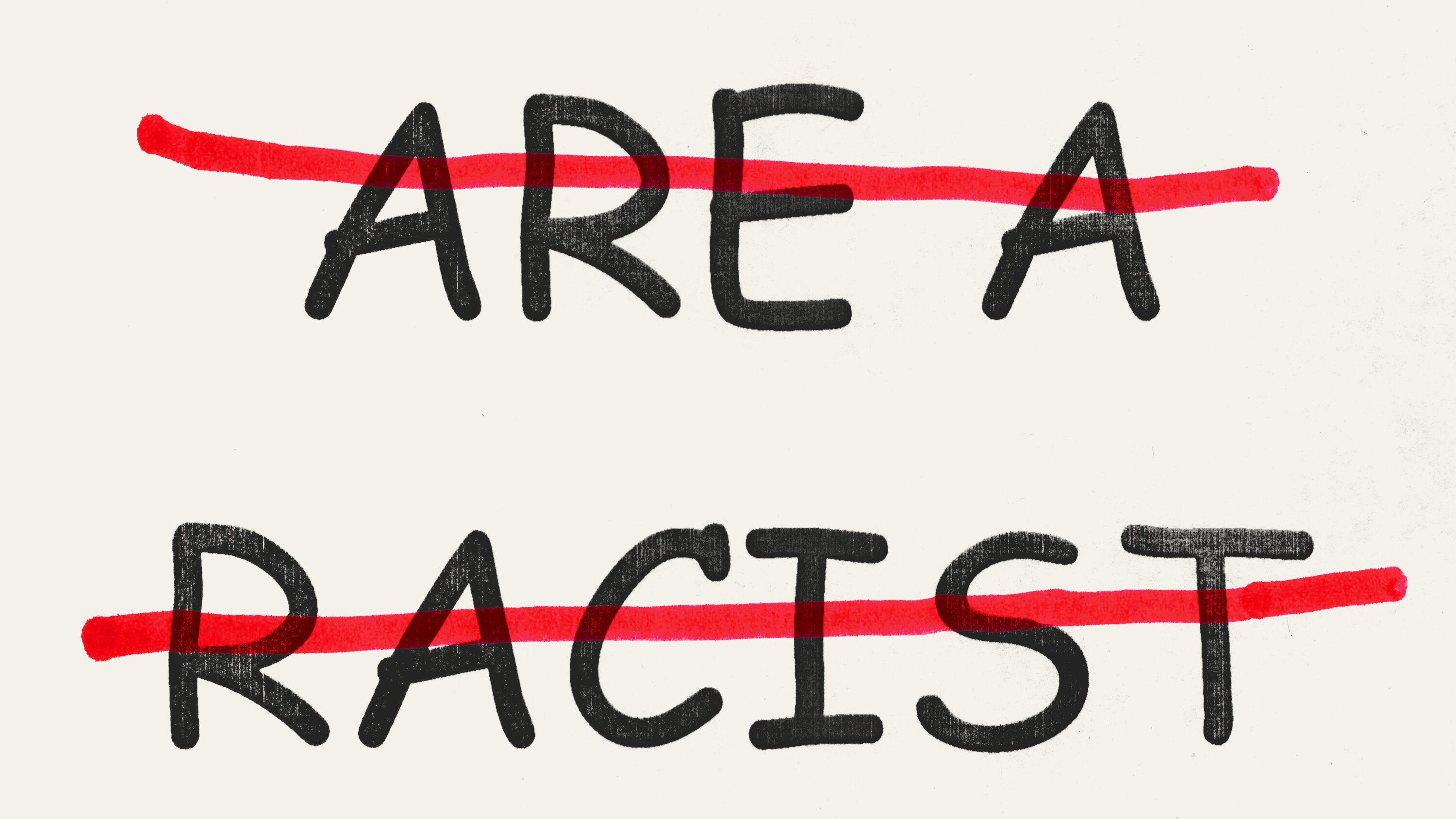Humor has always been a complex and multifaceted part of human interaction. While it can bring people together and create bonds, it can also divide and hurt. Racist jokes, in particular, occupy a controversial space in the world of comedy. They often rely on stereotypes, making them not only offensive but also harmful. In this article, we will delve into the realm of the best racist jokes, exploring their origins, impact, and the fine line between humor and insensitivity.
As we navigate through this topic, it’s crucial to recognize that while some might find these jokes amusing, they can perpetuate negative stereotypes and foster an environment of discrimination. Understanding the context and the implications behind these jokes is essential for fostering a more inclusive and respectful society. Join us as we uncover the layers behind what some might consider the best racist jokes and why they are more than just punchlines.
The idea of humor is subjective, and what one person finds funny, another might view as deeply offensive. As we explore the best racist jokes, we will consider their historical context, the perspectives of those affected by them, and the broader societal implications. Are these jokes merely a reflection of societal norms, or do they contribute to the perpetuation of harmful stereotypes? Let’s dive deeper into this thought-provoking discussion.
What Are the Origins of Racist Jokes?
Racist jokes have been part of human culture for centuries, often stemming from societal power dynamics and historical injustices. These jokes typically rely on stereotypes that have been ingrained in the collective consciousness, often perpetuated through media, literature, and everyday conversations. Understanding their origins can shed light on why they persist in modern humor.
How Do Racist Jokes Affect Society?
The impact of racist jokes can be profound and far-reaching. They not only reinforce negative stereotypes but can also contribute to a culture of discrimination and exclusion. By normalizing derogatory humor, these jokes can desensitize individuals to the real-life consequences of racism. This section will explore the societal implications of keeping such jokes alive in comedic narratives.
Can Humor Be a Tool for Change?
While many racist jokes are harmful, humor can also be a powerful tool for change. Comedians have the ability to address sensitive topics and challenge societal norms through clever wordplay and satire. In this section, we will look at how some comedians have used humor to confront racism and promote understanding rather than division. Can laughter pave the way for dialogue and healing?
What Are Some Examples of the Best Racist Jokes?
While discussing the best racist jokes, it’s essential to approach them with caution. Sharing these jokes can perpetuate harm, but understanding their structure and content can help us analyze them critically. Some of the best racist jokes may seem innocuous at first glance, but they often hide deeper prejudices. Here are a few examples that reflect the structure of such jokes:
- “Why did the chicken cross the road? To get to the other side... where the grass is greener for some, but not for others.”
- “What’s the difference between a good joke and a bad joke? Timing... and context, especially when it comes to race.”
While these examples highlight the absurdity of racist humor, they also provide a springboard for deeper discussions about race and society.
Why Do People Still Laugh at Racist Jokes?
Despite the clear harm that racist jokes can cause, many people still find them funny. This phenomenon can be attributed to various factors, including cultural normalization, social groups, and the desire to fit in. Understanding why these jokes resonate with some individuals can help us address the underlying issues that perpetuate racism in society.
What Can Be Done to Combat Racist Humor?
Addressing the issue of racist jokes requires a multifaceted approach. Education, awareness, and open conversations about race can help combat the normalization of such humor. By fostering an environment where individuals feel empowered to challenge racist jokes, we can work towards a more inclusive and respectful society. Here are a few strategies that can help:
- Encouraging discussions about race and humor in educational settings.
- Promoting comedians who address race thoughtfully and respectfully.
- Fostering safe spaces for individuals to express their experiences with racism.
In Conclusion: What Have We Learned About the Best Racist Jokes?
The exploration of the best racist jokes reveals a complex interplay between humor, society, and individual experiences. While some might view these jokes as harmless fun, they carry significant weight and can perpetuate harmful stereotypes. By understanding their origins and impact, we can foster more respectful and inclusive dialogues surrounding race and comedy.
As we continue to navigate the landscape of humor, it’s essential to remain mindful of the words we use and the jokes we share. Laughter should never come at the expense of others, and through understanding, we can work towards a future where humor uplifts rather than divides.
You Might Also Like
Discover The Enigmatic Klee Kai: A Unique Breed Of CompanionUnveiling The Life Of Lindsey Buckingham's Wife: A Journey Beyond Music
Exploring The Allure Of Sadie McKenna: A Dive Into Her Career And Life
Unveiling The Life Of Michelle Beadle's Husband
Unlocking The Secrets Of Ageless RX: The Path To Timeless Vitality
Article Recommendations
- Unveiling The Latest From Mydesinet Exclusive New Video Releases
- Bankmanfried Unraveling His Net Worth And Financial Journey
- Doro Metal A Comprehensive Guide To Its Properties Uses And Significance


